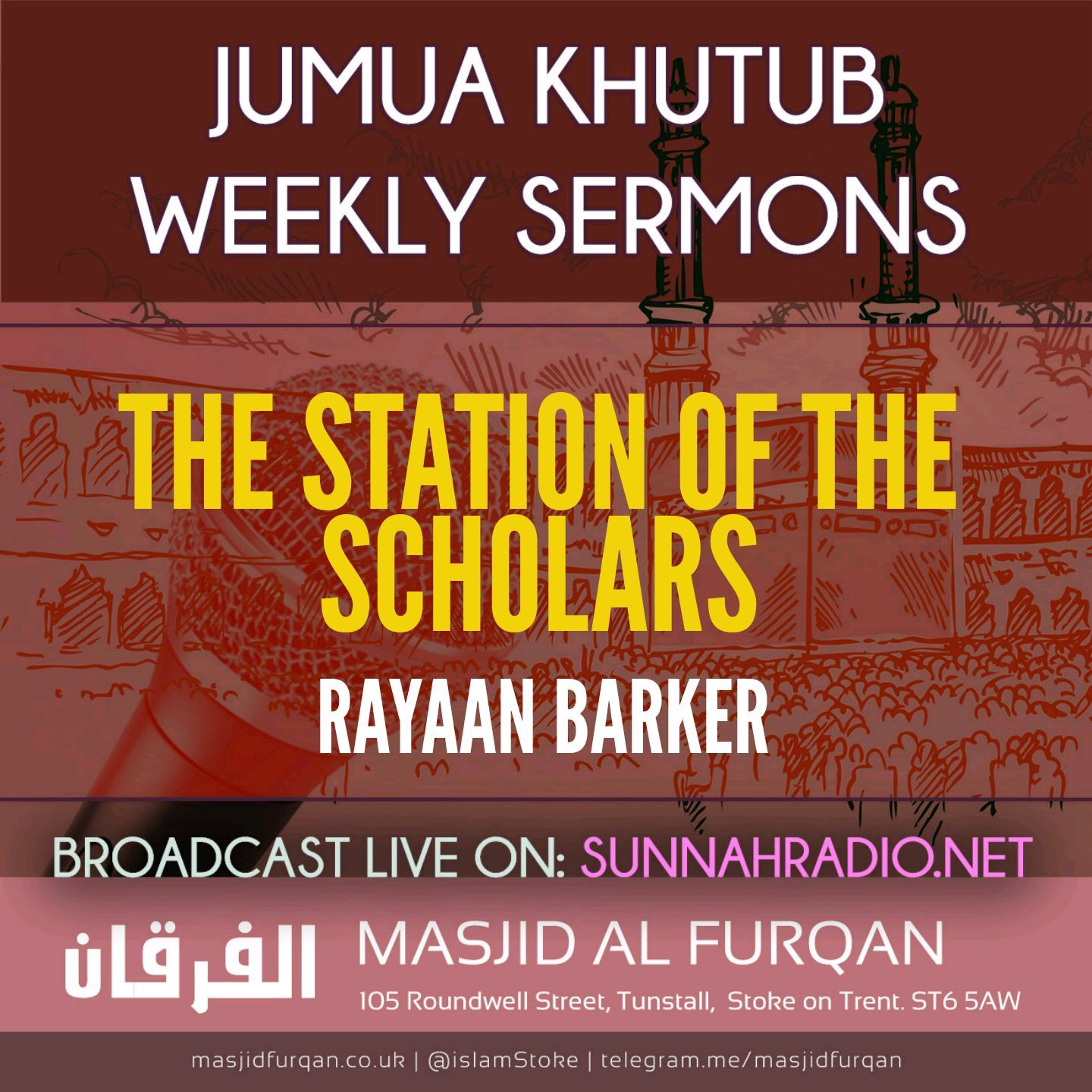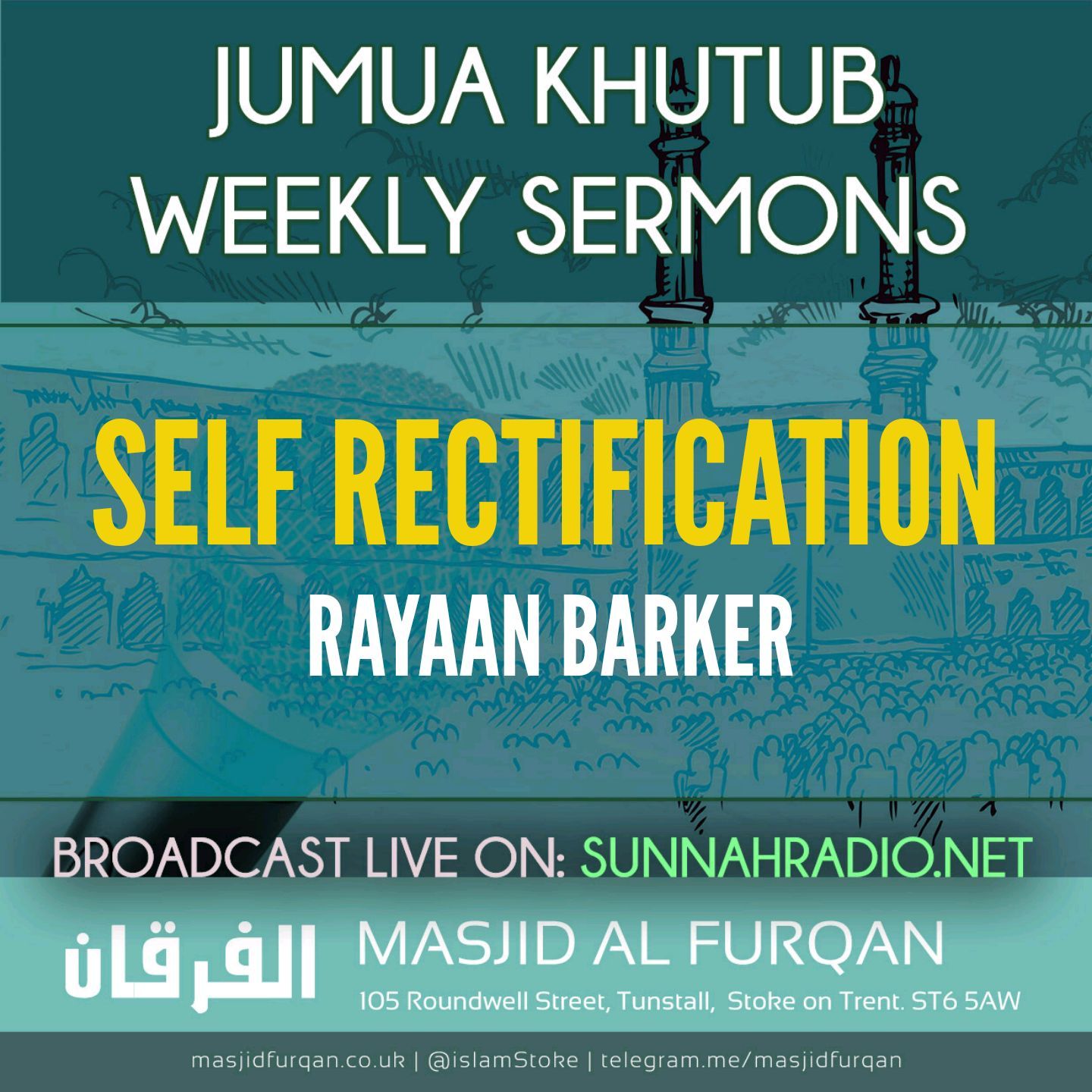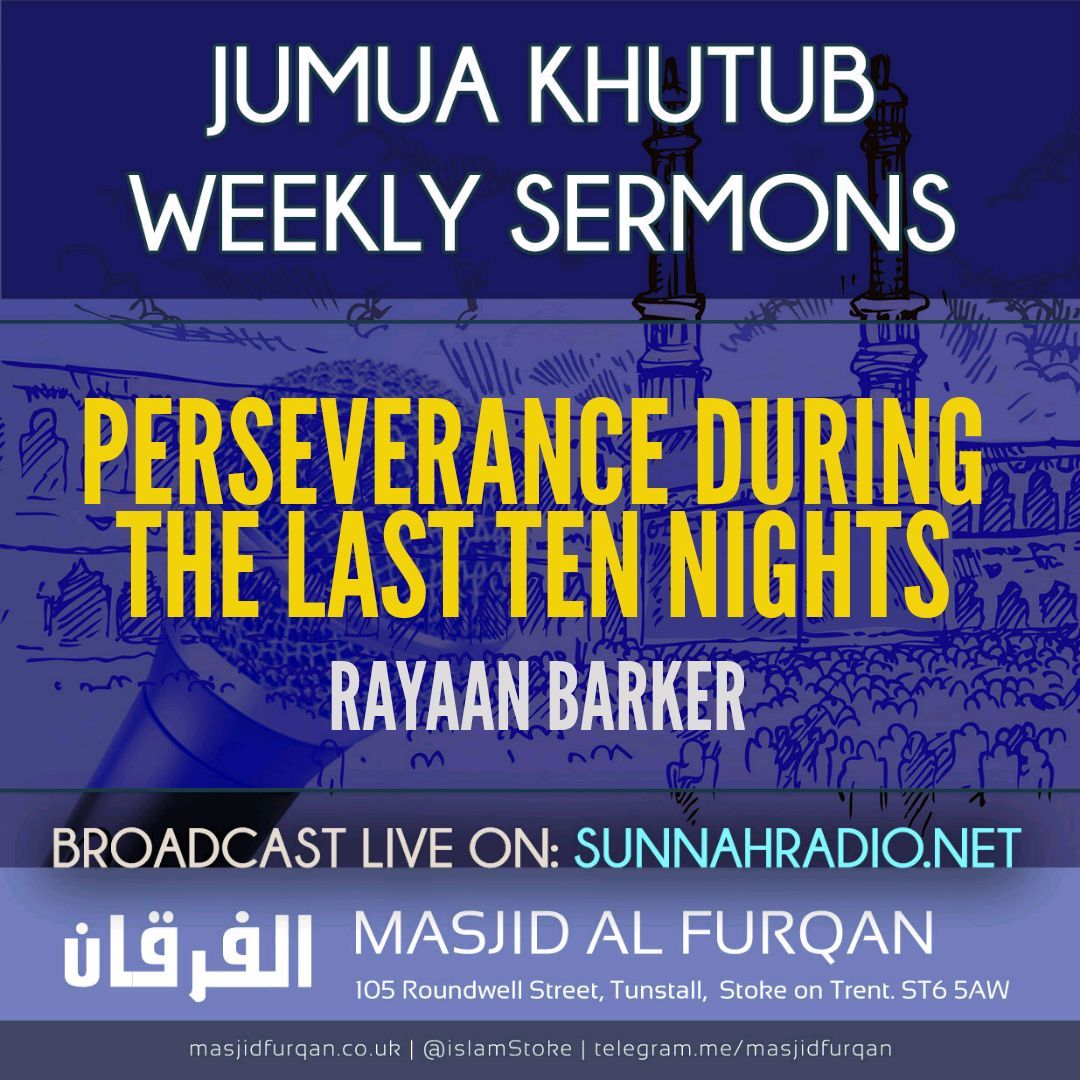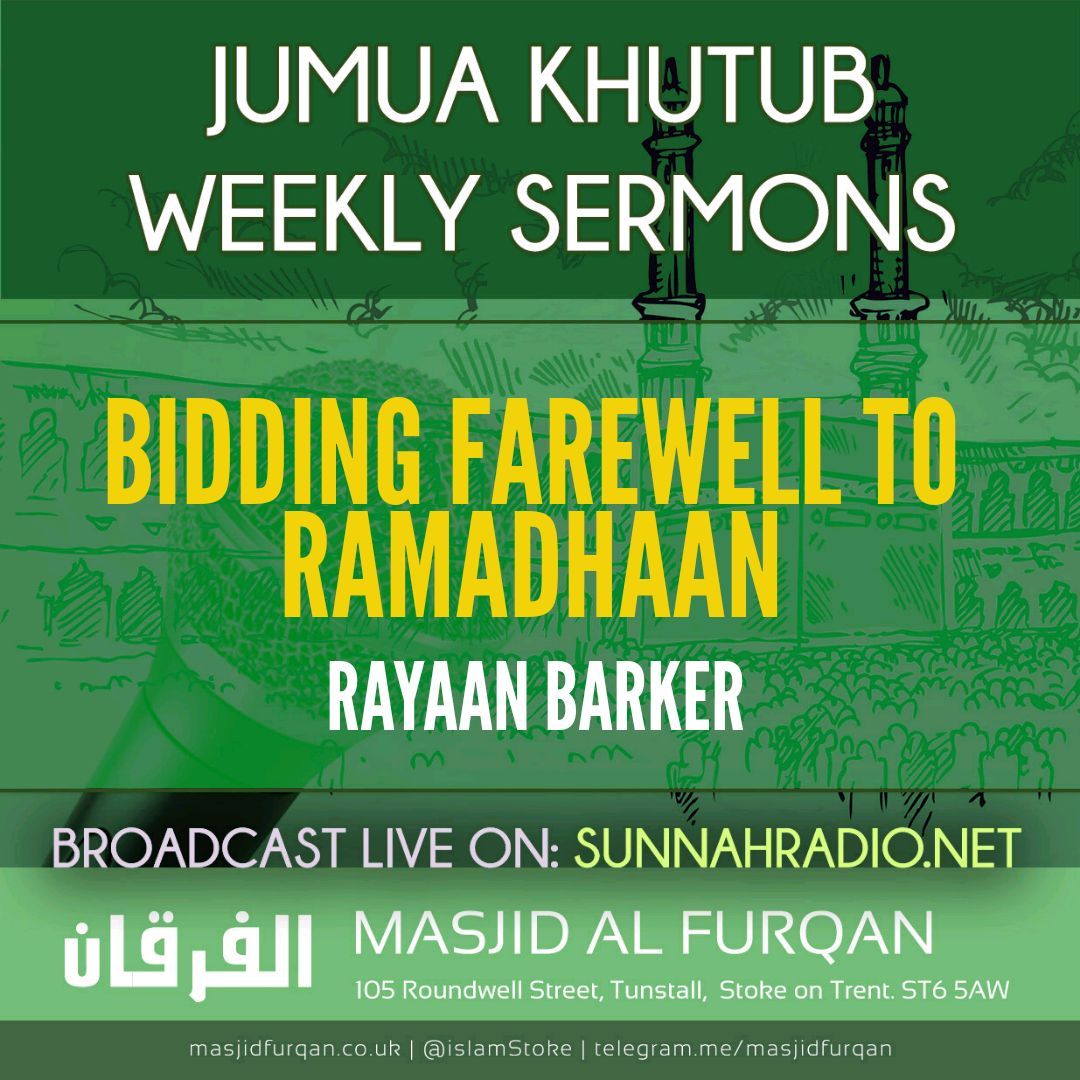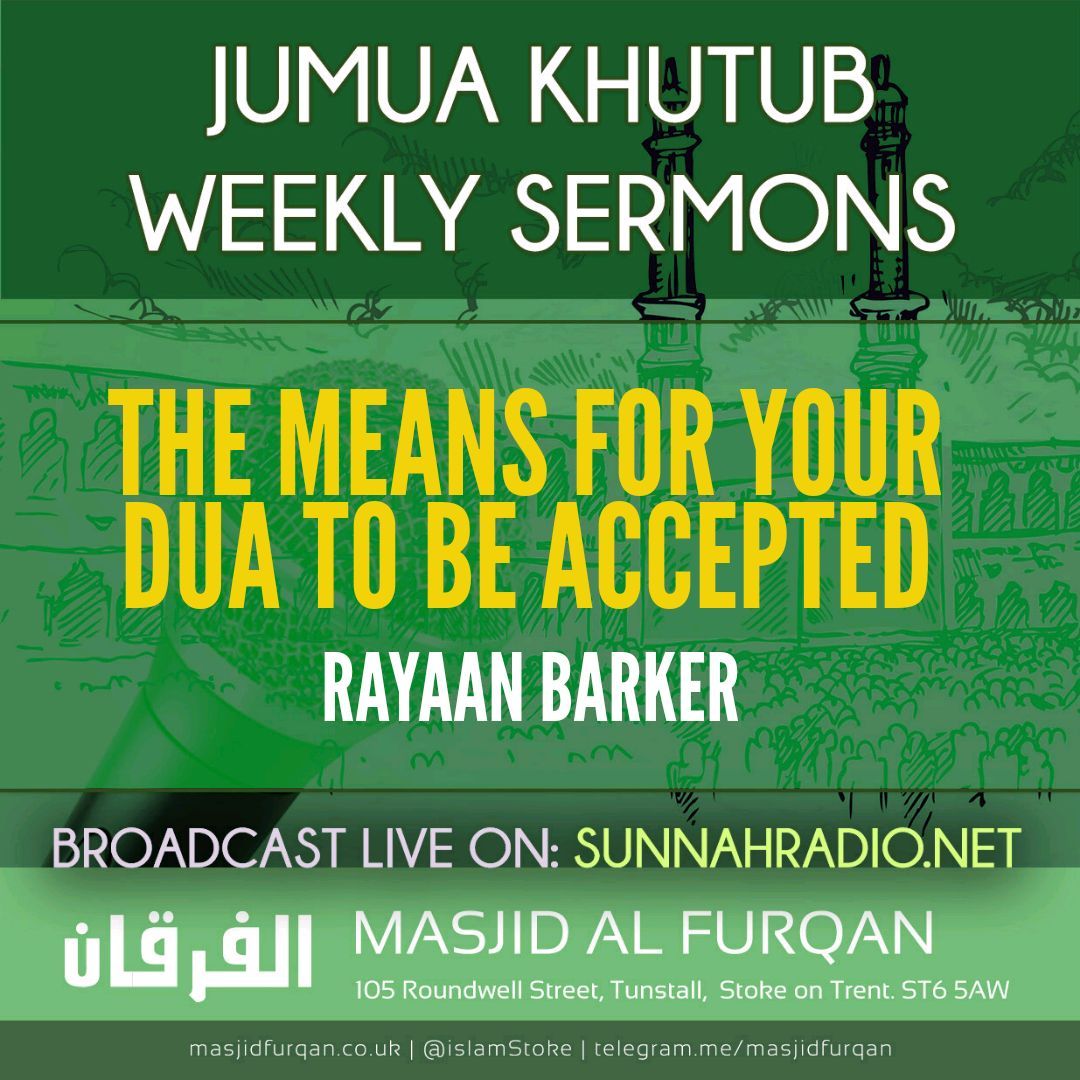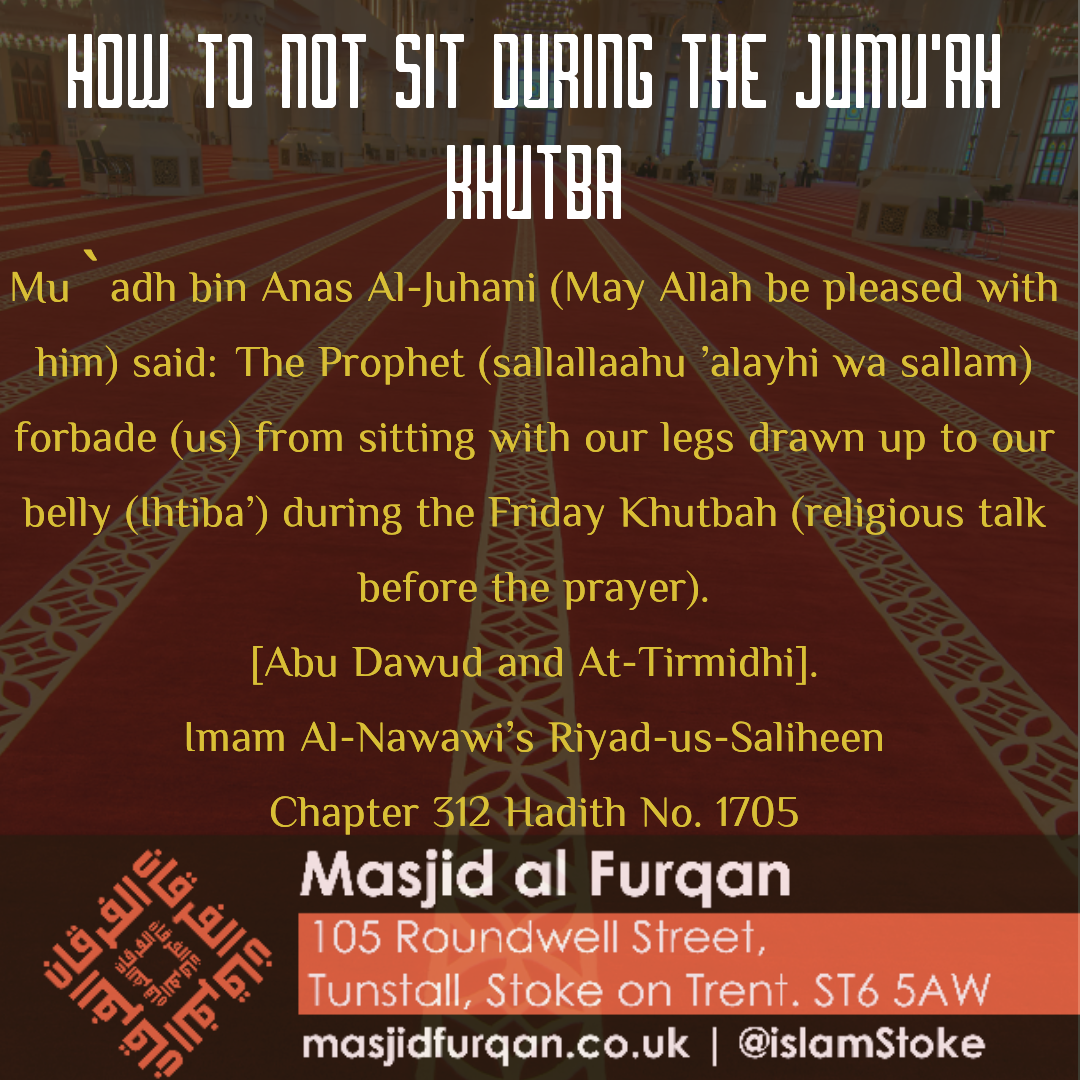Khutba: The Station of the Scholars
In this Khutbah Ustaadh Rayaan mentions a few points regarding the high station of the scholars.
The true scholars are those that return the people back to the Quraan, the Sunnah and the understanding of the early pious generations. They are upon goodness and they are the inheritors of the Prophets.
The scholars have a virtue above all of the other believers, in every time period. Allaah has raised them in terms of their knowledge.
We preserve their status with love & respect and with our tongue by praising their knowledge & goodness.
